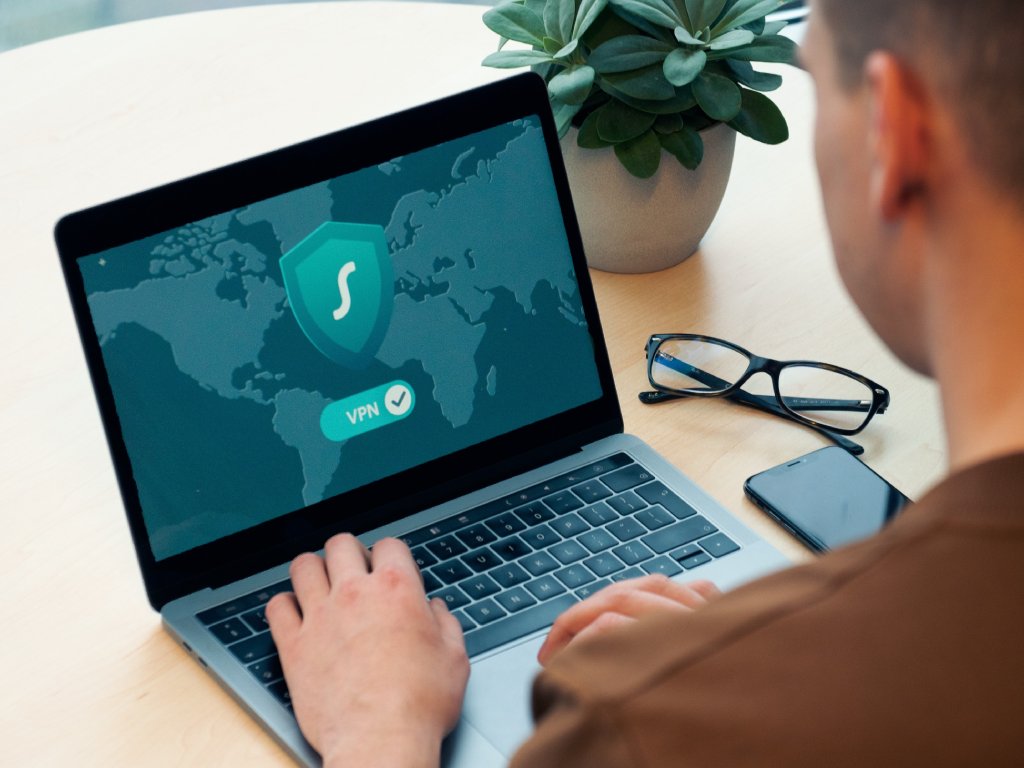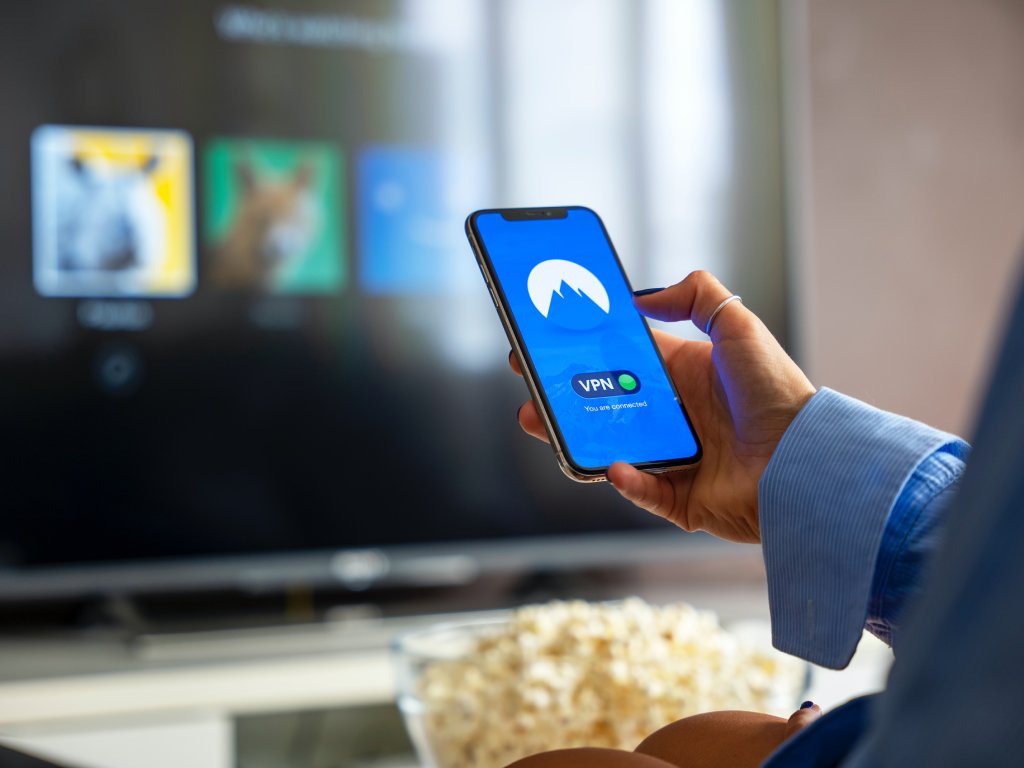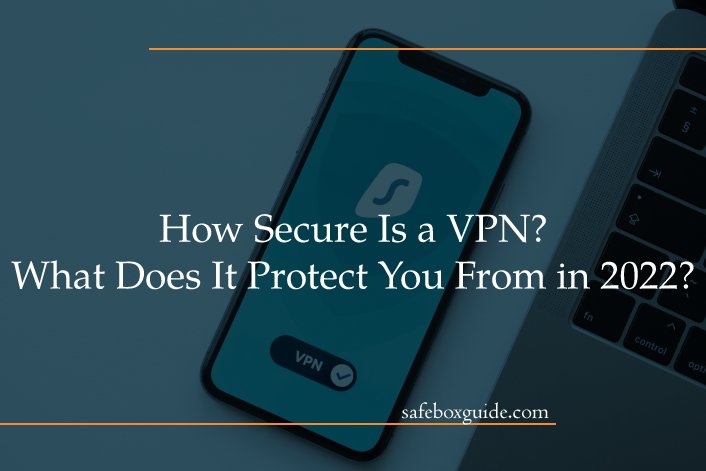You’ve probably heard the abbreviation VPN many times. So let’s start with the article by explaining what this means and what it represents. A VPN or, in other words, a virtual private network helps you create a secure remote connection between your device and another network over the Internet. Encryption technologies ensure that your online activity is safer from hackers and other cybercriminals.
VPNs provide other types of security as well. Many use VPNs to hide their browsing activity from the Internet service providers, either because they are concerned about their privacy or they do not want the ISPs collecting and selling their information to advertisers.
Let’s take a closer look at that extra layer of security that a VPN provides and see from which threats it protects you.
Contents
VPN protects your data when you use a free public network
 Many of us often use public Wi-Fi networks, whether while working on our laptops outside our home, staying in a hotel, or scrolling while waiting for a friend. Public networks are convenient and, most importantly, free of charge. However, public Wi-Fi networks are highly insecure for many reasons.
Many of us often use public Wi-Fi networks, whether while working on our laptops outside our home, staying in a hotel, or scrolling while waiting for a friend. Public networks are convenient and, most importantly, free of charge. However, public Wi-Fi networks are highly insecure for many reasons.
Hijacking your connection and accessing your data over a public network is a fundamental challenge for hackers. VPN hides your data using encryption, making it unable for hackers to crack and access your important data.
VPN hides your IP address
Knowing someone’s IP address makes it easier for unknown stalkers to spy on their Internet activity. Using a VPN keeps your IP address hidden, and your traffic appears to be coming from whichever VPN server you have previously chosen. Advertisers, website owners, governments, and anyone else interested will be oblivious to your identity and location and will not be able to trace any information coming from your device.
Using a VPN is crucial if you believe it is right to decide which parts of your online activity to keep private.
VPN allows you to combat censorship
 Have you ever been excited for an upcoming TV show or movie to appear on your favorite streaming service only to discover that it’s unavailable in your country? Since streaming services often do not offer the same content in every region, a VPN allows you to unblock geo-restricted libraries and view the content from anywhere.
Have you ever been excited for an upcoming TV show or movie to appear on your favorite streaming service only to discover that it’s unavailable in your country? Since streaming services often do not offer the same content in every region, a VPN allows you to unblock geo-restricted libraries and view the content from anywhere.
VPN also makes it possible to access government-restricted websites and content. For example, suppose you live in China, where the government blocks everything from Facebook, Twitter, Gmail, YouTube, and Wikipedia to The New York Times. In that case, a VPN is a perfect solution to bypass that kind of state censorship to access the free Internet.
VPN saves you a surprising amount of money
Did you know that companies set different prices based on your location? Booking websites for accommodation, flight tickets, and even online shopping and services often offer different prices based on the particular regions. A VPN hides this information by spoofing your location, which helps you get the best deals every time.
Conclusion
In the end, a VPN is not a cloak of invisibility that will allow you just any illegal activity you want to engage in, and it does not protect users from viruses and malware. Even though some providers offer it as an additional service, virus protection is not an inherent feature of a VPN. Do not forget that it is crucial to remember the common online scams and skepticism towards unknown emails and offers.
If you are considering getting a VPN provider, do scholarly research to get the best security option according to your business or personal online activity requirements.

